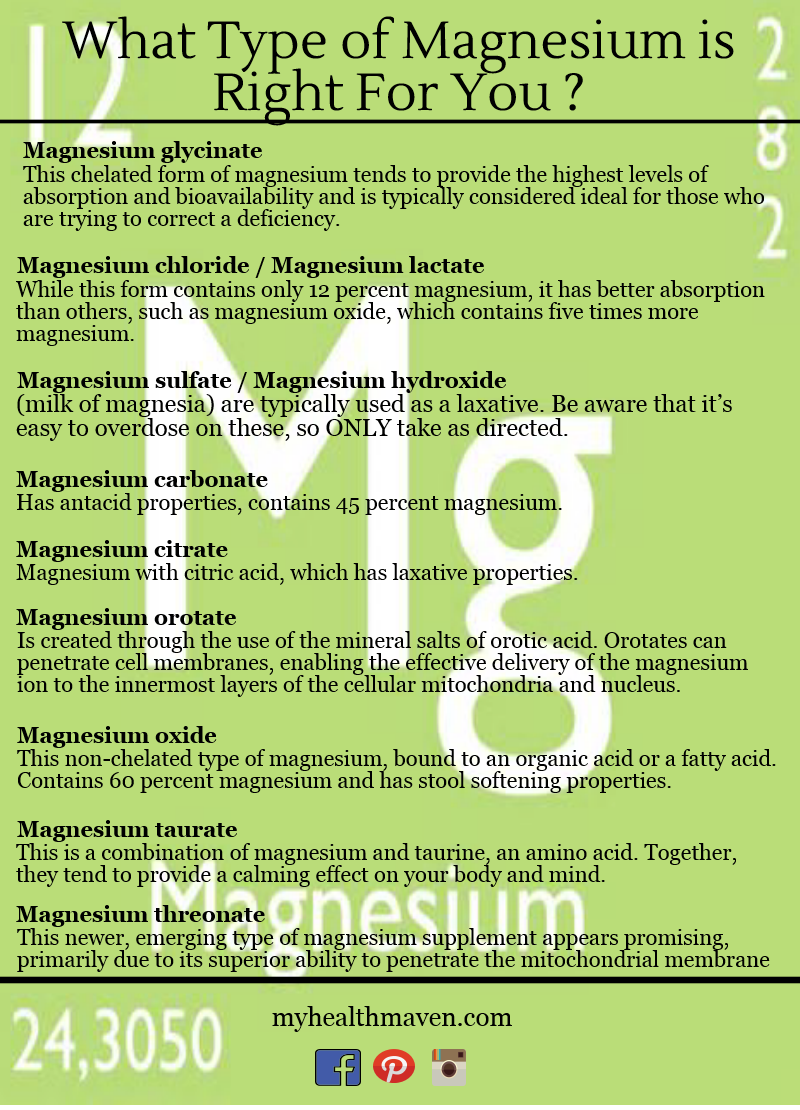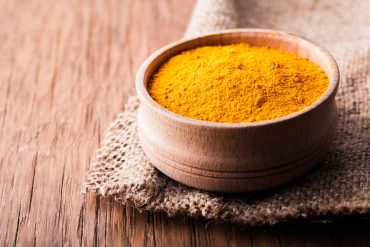Inflammation is a natural healing response of the body’s immune system to repair infections, wounds, and damaged tissues. Inflammation signals the body to tend to the area of damaged cells, irritants and pathogens to begin the healing process.
There are two types of inflammation, acute and chronic. Acute inflammation plays a key role in healing. Acute inflammation starts quickly and generally will disappear within a few days.
Chronic inflammation is long term inflammation that lasts for months or years. Chronic inflammation is linked to numerous illness such as arthritis, (inflammation of the joints) IBD (inflammation of the bowel) and heart disease (inflammation of the arteries), to name a few. Many doctors are beginning to realize that inflammation is the underlying basis of a significant number of diseases. (1)
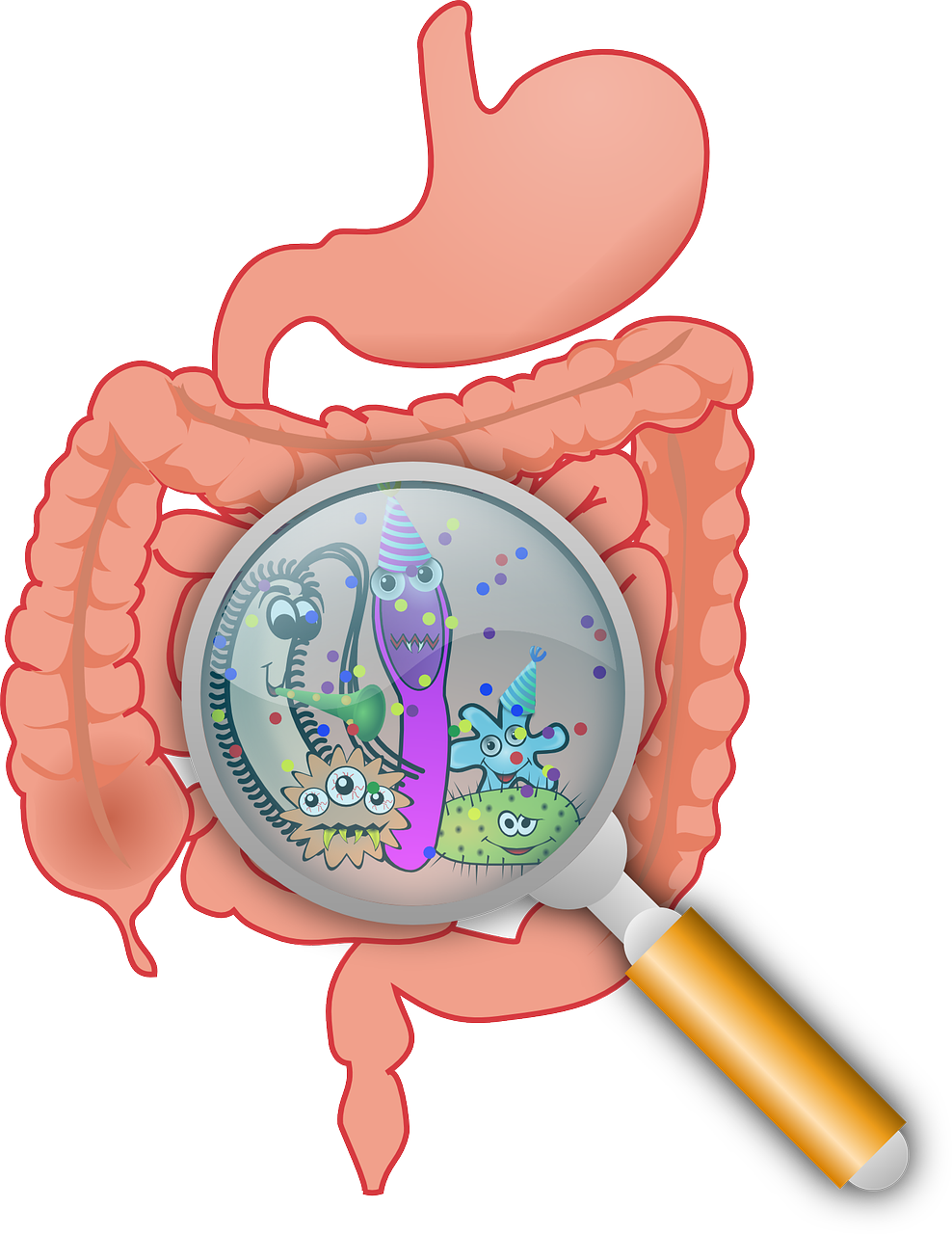
What causes chronic inflammation?
There are numerous factors that can contribute to chronic inflammation. This systemic condition can be difficult to diagnose, unless you have a blood test to look for high markers of inflammation. Chronic inflammation can occur when our bodies are repeatedly exposed to inflammatory factors such as:
Consuming foods that cause inflammation (sugar, dairy and nightshades).
Long term exposure to chemical irritants-This includes air fresheners, cleaning products and cosmetics.
Autoimmune disorder
Digestive issues
Poor diet
Erratic insulin levels
Consuming foods with trans fats (2)
Food allergies-Consuming food that you may be allergic to can cause an inflammatory response in the digestive tract.
Hormone imbalance- Inflammation has been linked to unbalanced levels of certain hormones, such as estrogen, progesterone, and testosterone.
Periodontal disease (3)
Synthetics-Individuals with allergies to synthetics such as latex, adhesives and plastics can have inflammatory responses to those products.
Linoleic acid-Oils that are high in linoleic acid such as safflower, sunflower, corn, soy, and peanut can cause an inflammatory response.
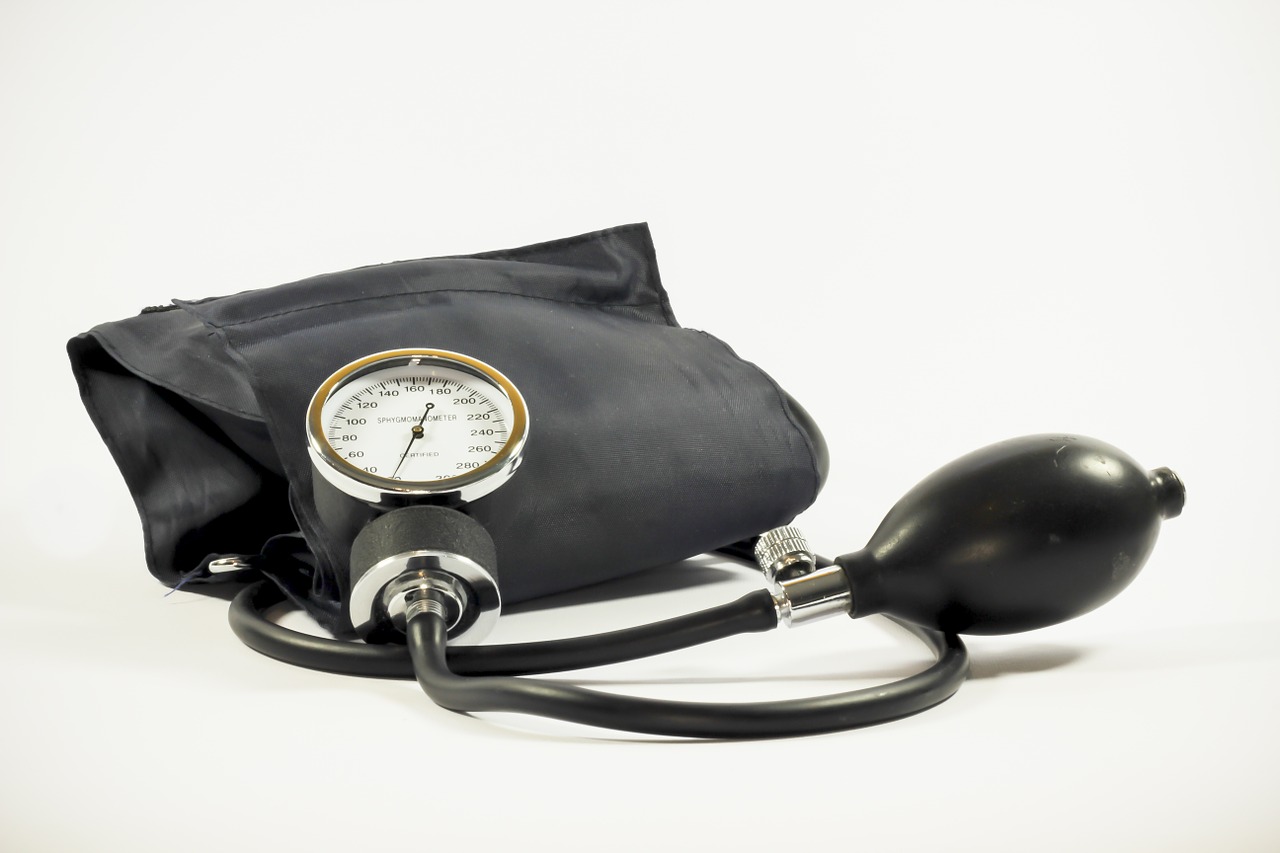
Common signs of chronic inflammation
These are very generic symptoms for chronic inflammation and truth be known they are indicative for many other health conditions. Your best option is a blood test for inflammatory markers.
| Depression (4) | Frequently tired | Ulcers |
| Consistent stomach aches | High blood pressure | IBS |
| Food cravings | Stiffness | Unexplained weight gain |
| Joint pain | Gum disease | Rashes |

Diseases associated with chronic inflammation (5)
| Depression | Osteoporosis | Cognitive Decline |
| Chronic Kidney Disease | Age Related Macular Degeneration | Diabetes |
| Cancer | Cardiovascular Disease | Rheumatoid Arthritis |
| IBD/Crohn’s Disease | Fibromyalgia | Auto Immunity |
| Leaky Gut | Liver Disease | Pancreatitis |
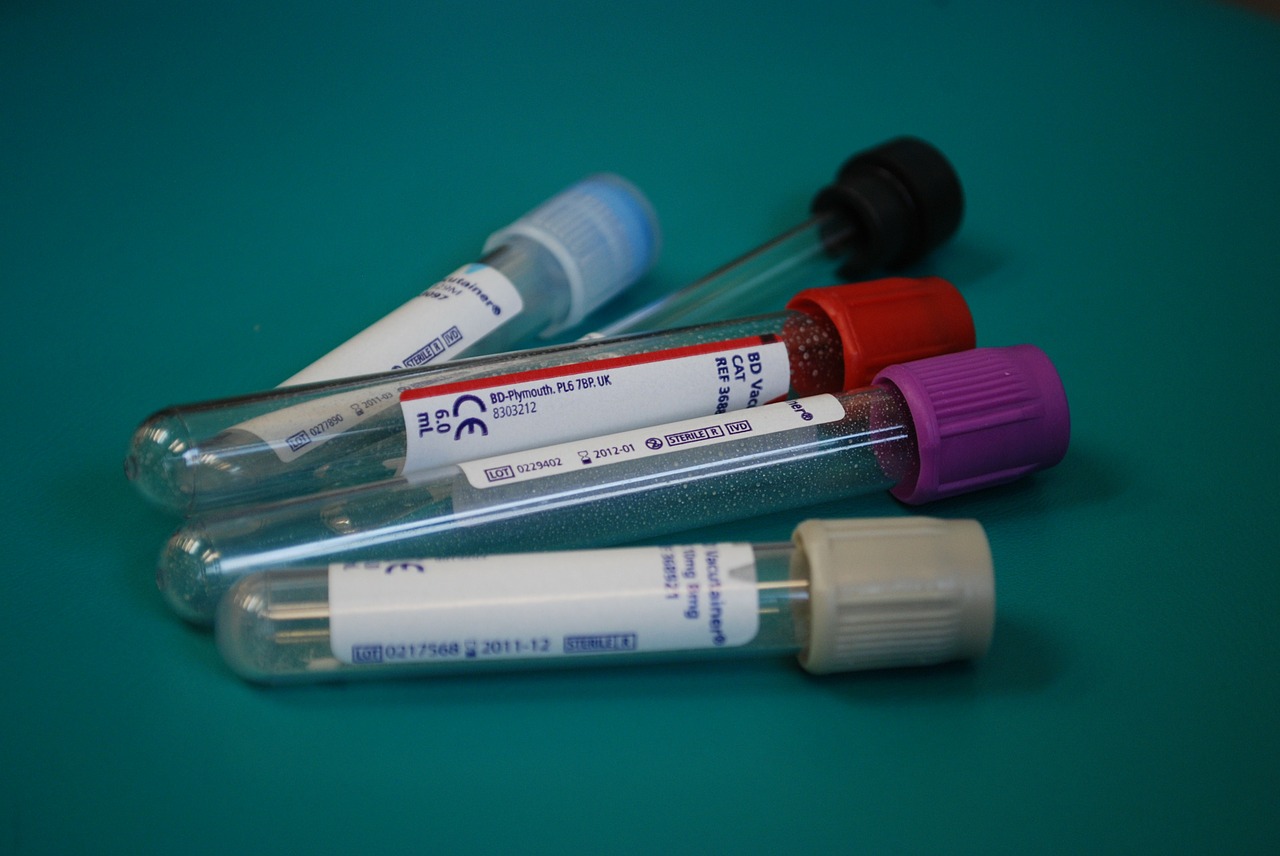
Testing for Inflammation
If you believe that chronic inflammation may be negatively impacting your health, talk with your doctor about having one or more of these blood tests.
C Reactive Protein (CRP-Hs)- This test is used to assess levels of inflammation in the body. It is also very helpful in monitoring chronic inflammatory conditions such as arthritis, autoimmune disease and IBD.
Fasting Insulin-This test can also detect levels of inflammation
Hemoglobin A1C (HgA1C)-This tests for inflammation levels. Since red blood cells typically live for three months this test also reflects glucose levels for the past three months.
Red Blood Cell Width (RBW) –Red blood cell width reflects oxidative stress and overall inflammation. Elevated RDW is linked to multiple diseases. This test is standard in a complete blood count panel.
Serum Ferritin-This test measures ferritin in the blood. Elevated ferritin levels can indicate autoimmune disorders, chronic infection, inflammation and liver disease.

Healing chronic inflammation
- Healing chronic inflammation can be a lengthy process. There are many lifestyle changes that need to be made to get inflammation under control.
- The first step is to remove grains and sugar and to remove or limit any other foods that are easily converted to sugar, in order to help with any imbalances in blood sugar.
- Cut out highly inflammatory foods such as nightshades and eat more lean protein, vegetables, and healthy fats.
- Remove dairy.
- Consume at least 25 grams of fiber every day, as a fiber rich diet reduces inflammation. (6)
- Drinking organic bone broth every day, this gives your body a huge dose of anti-inflammatory power.
- Avoid highly processed foods and highly processed oils, as they are very inflammatory to the body.
- Look for ways to reduce stress, such as exercise, get enough sleep, and meditation.
- Lower your body’s burden of toxicity and you’ll help to lower your inflammation levels as well.
- Consider adding anti-inflammatory herbs and spices to your diet, such as ginger and turmeric.
- Increase your intake of Omega 3’s as they help to reduce inflammation. (7)

Nutrient & Supplement Support
You may also consider adding supplementation to help reduce inflammatory modulators. Some supplements to consider:
Omega 3 fatty acids-Many diets are higher in omega 6 and low in omega 3, this contributes to higher inflammation levels. Increasing the ratio of omega 3’s will help to lessen inflammatory markers. We should be consuming a ratio of 1:2 omega 3 to omega 6.
Curcumin-Is derived from turmeric and has wonderful anti-inflammatory properties. Turmeric is easily added to many meals, drinks and is available in supplement form. (8)
Vitamin D-This important supplement plays a vital role in reducing chronic inflammation, as well as reducing risk of heart disease, reducing cancer cell growth and improving brain function. Vitamin D should be taken with K2 to improve its efficiency.
Glutathione Boosters– This master antioxidant helps to regulate all of the other anti-oxidants in our body. Consider adding a glutathione boost like NAC (N-acetyl cysteine)
Pro Omega CRP-Nordic Naturals offers a high quality fish oil which contains curcumin and glutathione boosts
Magnesium-This study found a significant association between greater dietary magnesium and the lower levels of the inflammation-associated proteins homocysteine and fibrinogen. (9)
Vitamin E– The gamma-tocopherol form of vitamin E appears to complement the anti-inflammatory action of alpha-tocopherol. This study states “The combination of [alpha-tocopherol] and [gamma-tocopherol] supplementation appears to be superior to either supplementation alone on biomarkers of oxidative stress and inflammation and needs to be tested in prospective clinical trials…” (10)
COQ10-Laboratory experiments indicate that CoQ10 modulates the expression of several hundred genes, many involved in inflammatory signaling. (11)
Protect yourself from inflammation
Inflammation has a role in many diseases and symptoms It may feel overwhelming to consider making lifestyle changes to get back on track and remove inflammation from your system, but knowledge is a powerful tool. With dedication and perseverance it can be done and your body will thank you for it.
Anti-inflammatory diets are beneficial for everyone, especially for individuals with autoimmune disorders, inflammatory condition, or chronic inflammation. It is a great way to promote overall well-being and a healthy body.
References:
- Hunter, P. (2012, November). The inflammation theory of disease: The growing realization that chronic inflammation is crucial in many diseases opens new avenues for treatment. Retrieved December 27, 2017, from https://www.ncbi.nlm.nih.gov/pmc/articles/PMC3492709/
- Mozaffarian, D., Pischon, T., Hankinson, S. E., Rifai, N., Joshipura, K., Willett, W. C., & Rimm, E. B. (2004, April). Dietary intake of trans fatty acids and systemic inflammation in women. Retrieved December 27, 2017, from https://www.ncbi.nlm.nih.gov/pubmed/15051604
- Andriankaja, O. M., Jiménez, J. J., Muñoz-Torres, F. J., Pérez, C. M., Vergara, J. L., & Joshipura, K. (2015, December). Lipid lowering agents use and systemic and oral inflammation in overweight or obese adult Puerto Ricans: the San Juan Overweight Adults Longitudinal Study (SOALS). Retrieved December 27, 2017, from https://www.ncbi.nlm.nih.gov/pmc/articles/PMC4808494/
- Raison, C. L., & Miller, A. H. (2011, December). Is Depression an Inflammatory Disorder? Retrieved December 27, 2017, from https://www.ncbi.nlm.nih.gov/pmc/articles/PMC3285451/
- Inflammation (Chronic). (n.d.). Retrieved December 27, 2017, from http://www.lifeextension.com/Protocols/Health-Concerns/Chronic-Inflammation/Page-03
- Ma, Y., Griffith, J. A., Chasan-Taber, L., Olendzki, B. C., Jackson, E., III, E. J., . . . Hafner, A. A. (2006, April 01). Association between dietary fiber and serum C-reactive protein1,2,3. Retrieved December 27, 2017, from http://ajcn.nutrition.org/content/83/4/760.full
- And, P. C. (n.d.). Omega-3 fatty acids cause dramatic changes in TLR4 and purinergic eicosanoid signaling. Retrieved December 27, 2017, from http://www.pnas.org/content/109/22/8517.long
- Yallapu, M. M., Nagesh, P. K., Jaggi, M., & Chauhan, S. C. (2015, November). Therapeutic Applications of Curcumin Nanoformulations. Retrieved December 27, 2017, from https://www.ncbi.nlm.nih.gov/pmc/articles/PMC4627456/
- Marcia C. C. de Oliveira Otto, Alonso, A., Lee, D., Delclos, G. L., Jenny, N. S., Jiang, R., . . . Nettleton, J. A. (2011, August). Dietary Micronutrient Intakes Are Associated with Markers of Inflammation but Not with Markers of Subclinical Atherosclerosis. Retrieved December 27, 2017, from https://www.ncbi.nlm.nih.gov/pmc/articles/PMC3138642/
- Devaraj, S., Leonard, S., Traber, M. G., & Jialal, I. (2008, March 15). Gamma-tocopherol supplementation alone and in combination with alpha-tocopherol alters biomarkers of oxidative stress and inflammation in subjects with metabolic syndrome. Retrieved December 27, 2017, from https://www.ncbi.nlm.nih.gov/pubmed/18191645
- Schmelzer, C., Lindner, I., Rimbach, G., Niklowitz, P., Menke, T., & Döring, F. (n.d.). Functions of coenzyme Q10 in inflammation and gene expression. Retrieved December 27, 2017, from https://www.ncbi.nlm.nih.gov/pubmed/19096114




